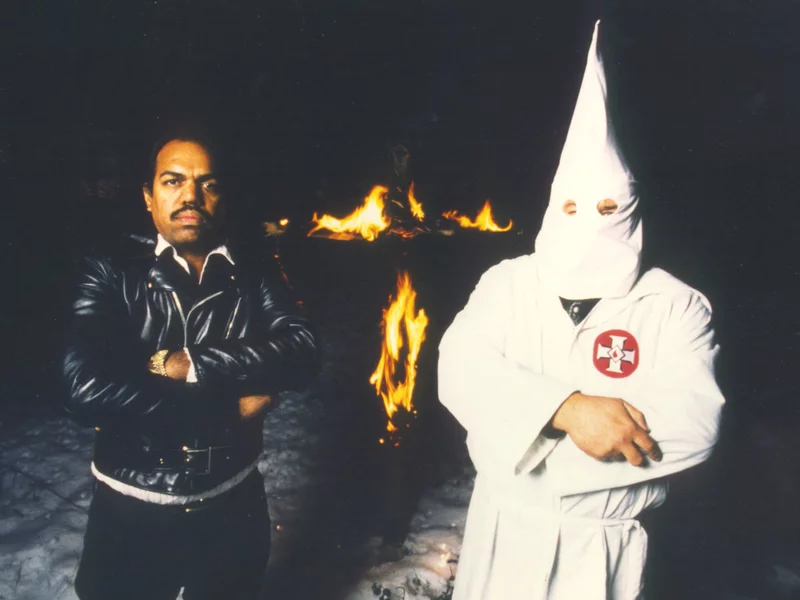Daryl Davis, a blues musician, has spent the last 30 years befriending members of the Ku Klux Klan (KKK). Despite being a black man, Davis engaged in conversations with Klansmen, leading to over 200 of them giving up their robes. Davis collects these robes as a tangible reminder of the impact he has made in combating racism simply by fostering dialogue.
Davis shared his experiences in an interview, highlighting the unexpected friendship that developed during a performance at a bar. A white gentleman approached him, expressing appreciation for the music, and revealed it was the first time he had heard a black man play piano like Jerry Lee Lewis. This encounter led to Davis discovering that the man was a member of the Ku Klux Klan.
The musician burst out laughing, initially thinking it was a joke. However, the Klansman produced his Klan card, dispelling any doubt. Despite the surprising revelation, the two bonded over music, and the Klansman requested Davis to inform him of future performances.
Davis emphasizes the power of common ground, emphasizing that sitting down with someone who holds opposing views can lead to understanding and friendship. Armed with knowledge about the Klan, Davis engaged in conversations with Klan leaders and members, challenging their beliefs and chipping away at their ideology.
When asked about the reasons behind Klan members’ hatred, Davis notes that they often believe in the inferiority of non-white races and hold unfounded beliefs, such as attributing violence to a specific gene in black individuals. Davis, through thoughtful dialogue, challenged these notions, often highlighting the absurdity of such claims.
He emphasizes the importance of knowledge and commonality in fostering understanding. By engaging with individuals on a personal level and finding shared interests, Davis has successfully influenced over 200 Klan members to abandon their racist beliefs.
Davis concludes that while he didn’t convert anybody, the individuals saw the light and converted themselves through the power of dialogue, common ground, and genuine human connection.

